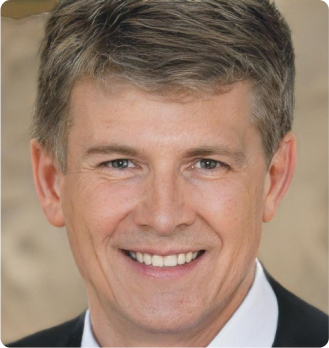2020 Class Action Opioid Painkiller Litigation Always Settles
2020 Class Action Opioid Painkiller Litigation Always Settles
Reviewing opioid painkiller litigation, the plaintiffs and defendants vary. The crime or tort is always individuals working together to appear to legitimately sell drugs. There will always be clinics or doctors who deceitfully medicate patients for financial gain. There will always be addicts trying to get their next controlled substance. The crime always begins with lies and deceit and may end with concealing financial transactions from the IRS or tax evasion.
Racketeer Influenced Opioid Painkiller Sales
Initially, opioid painkillers were prescribed for short-term or hospice use only. The Food and Drug Administration warns that opioids are highly addictive. Pharmaceutical companies aggressively marketed opioid painkillers as a remedy for chronic pain. Wherefore, the pharmaceutical companies deceived physicians and the public to use their opioid painkillers for chronic pain "kill[ing] more Americans than heroin and crack combined." In the United States District Court of Kansas, treatment centers combatting the opioid epidemic show that OxyContin sales increased from $2.99 billion to $800 billion dollars annually while under 18 U.S.C. § 1961 Racketeer Influenced and Corrupt Organizations Act, pharmaceutical companies conspired to broadly market opioids without regard for the health and safety of their patients.
Pharmaceutical Companies Immediately Settle
Teva Pharmaceuticals, McKesson, Cardinal Health, and AmerisourceBergen settled their opioid case for $260 million. Johnson & Johnson, Mallinckrodt, Endo International, and Allergan also decided to settle. Walgreens is the only pharmacy refusing to settle. Walgreens is a pharmacy not a distributor. The manufacturers offered physicians financial incentives for prescribing their products. Purdue Pharma even solicited relationships with medical schools and hospitals by making significant donations while asking for favorable reviews of their opioid painkillers.
Purdue Pharma, the Manufacturer of Oxycontin
Purdue Pharma, the manufacturer of oxycontin, is in the settlement phase of its lawsuit and in Chapter 11 reorganization in the United States Bankruptcy Court. The New York Bankruptcy Court has temporarily stayed all proceedings against Purdue Pharma. Purdue Pharma strictly regulates the sale of their pharmaceuticals, and all transactions are reported to federal officials. Purdue Pharma only sold drugs when a licensed physician prescribed them.
Johnson and Johnson after Purdue Pharma Settled
Johnson and Johnson faced a "tsunami of litigation" alone after Teva Pharmaceuticals and Purdue Pharma settled Oklahoma Attorney General's opioid lawsuit for $85 million and $270 million, respectively. Attorney General Hunt called the opioid epidemic the worst deliberately created public health crisis in the history of the United States. Johnson and Johnson's oversupply of opioid painkillers led to the death of 4,000 Oklahomans.
Settlement Negotiations in National Prescription Opiate Litigation
A panel of judges consolidated 2,000 pending opioid lawsuits into National Prescription Opiate Litigation. Judge Dan Polster presiding in the Northern District of Ohio has made clear that he wants a settlement rather than a trial or multiple cases in state courts. Judge Polster selected 49 local governments to negotiate settlements in the class action National Prescription Opiate Litigation. He will then calculate the amount for all cities and towns in the United States. The unprecedented class action suit empowers each plaintiff to leverage a greater settlement with the certainty that he or she will prevail in court. Senators prefer criminal prosecution rather than costly civil litigation, but others fear hopes of a settlement will be lost if criminal charges are filed.
Who Benefits from Prescription Opioid Litigation?
Unfortunately, families of individuals who died from opioid dependency or those who are addicted to painkillers, lack the money to sue doctors, health care providers, or pharmacists who got them addicted to painkillers. Most of the class action lawsuits are brought by states, cities, counties, attorneys general, or native Indian triable councils. While wrongful death settlements following a criminal conviction are common, patient's opioid addiction cases are difficult to litigate because life insurance companies tend to exclude substance abuse as an insurable cause of death. The defendants in the opioid lawsuits have unlimited funds to defend themselves.
Class action opioid litigation, settling for hundreds of billions of dollars, is the largest class action settlement ever obtained in the United States. The money does not go to the victims or their family members. The settlements help local governments restrict opioid use and prosecute the white-collar criminal drug dealers who fueled the epidemic. Recovery from the opioid pandemic is expected to take decades. The Centers for Disease Control report that 130 people die daily in the United States from opioids that were prescribed for them.






